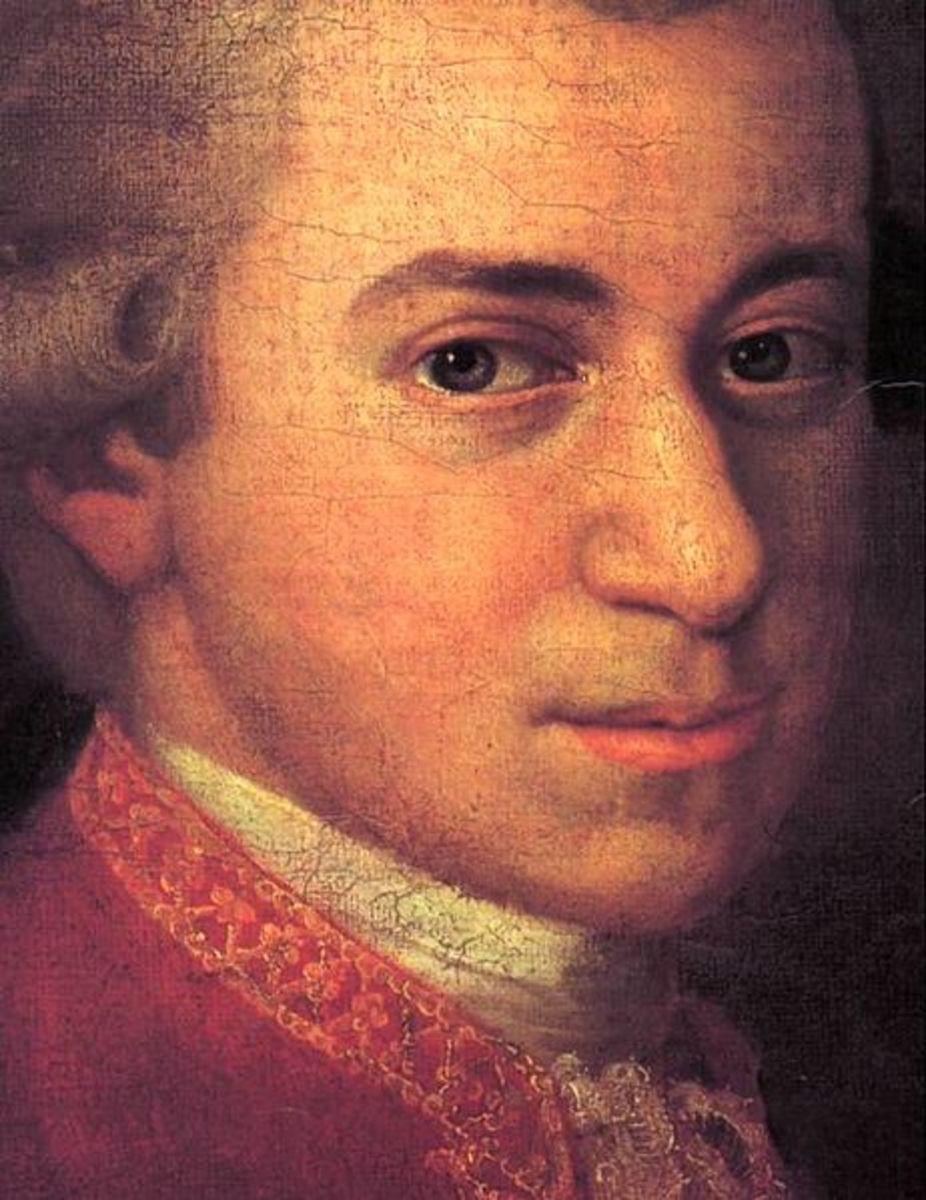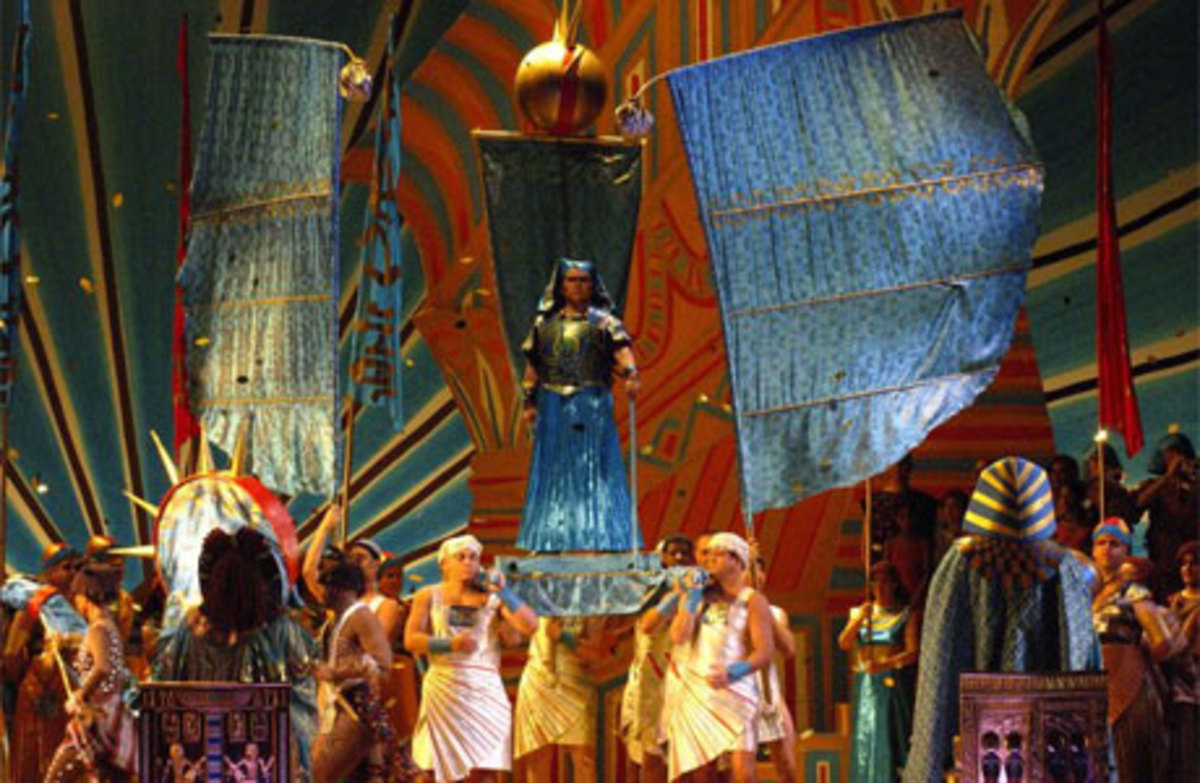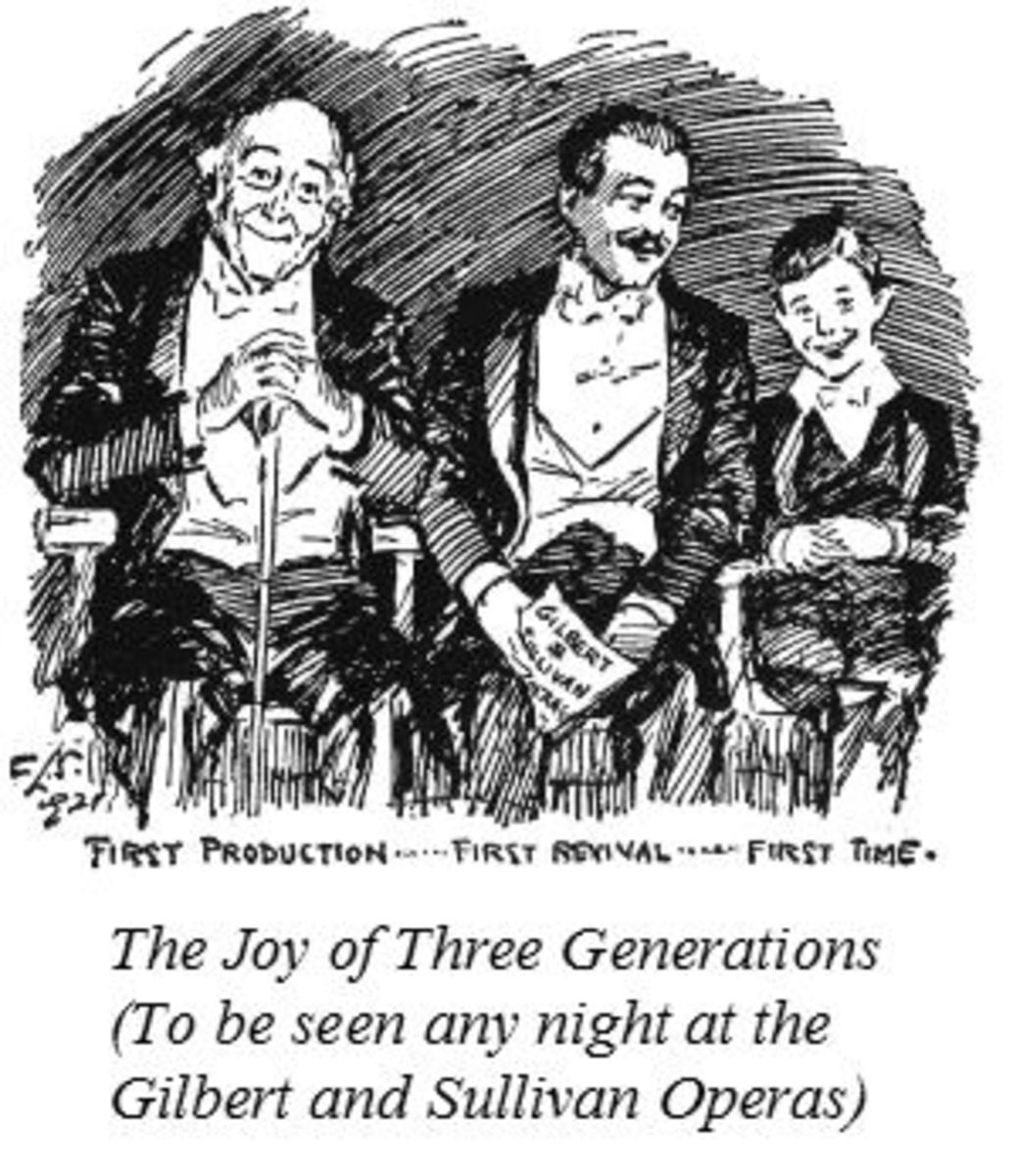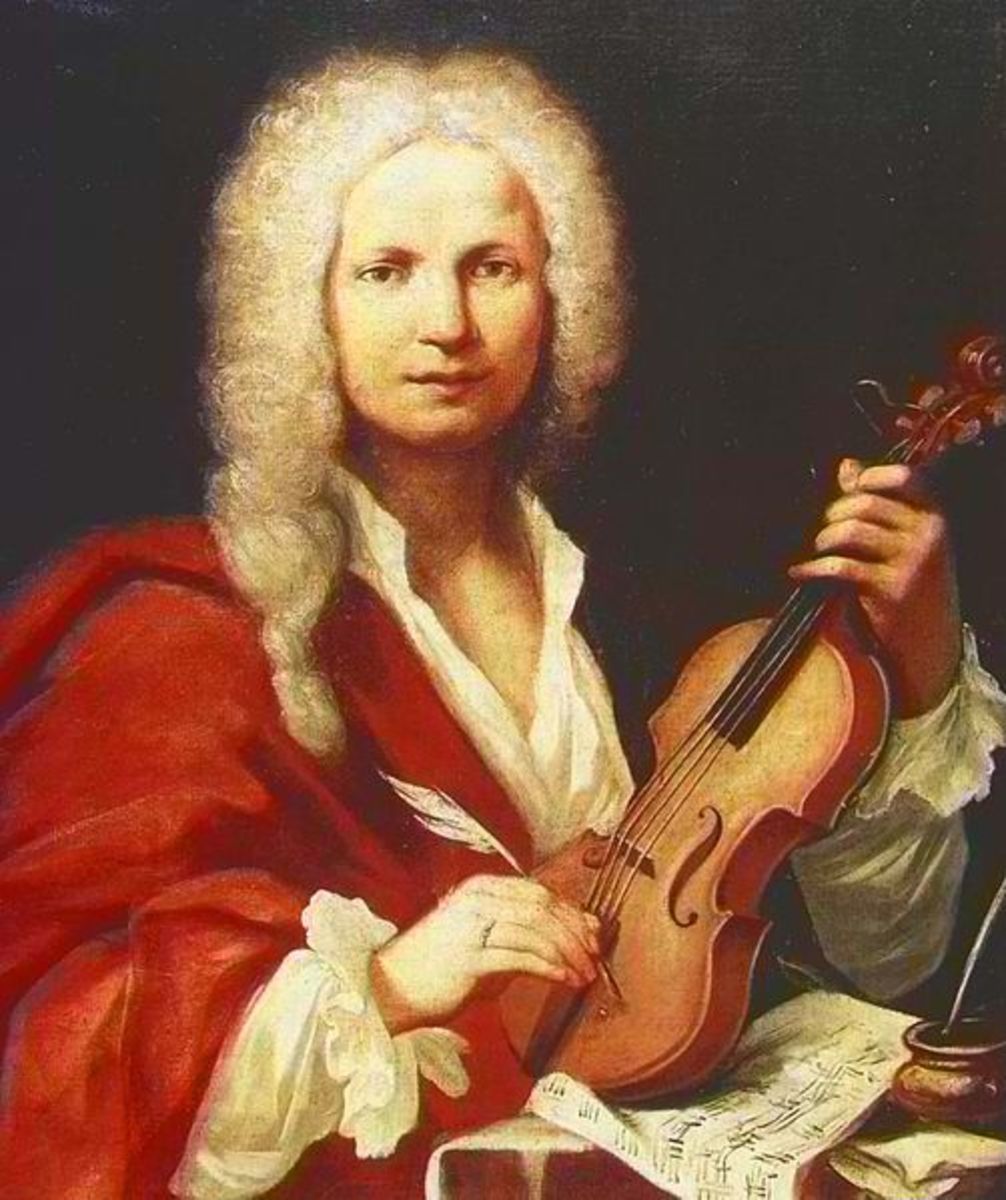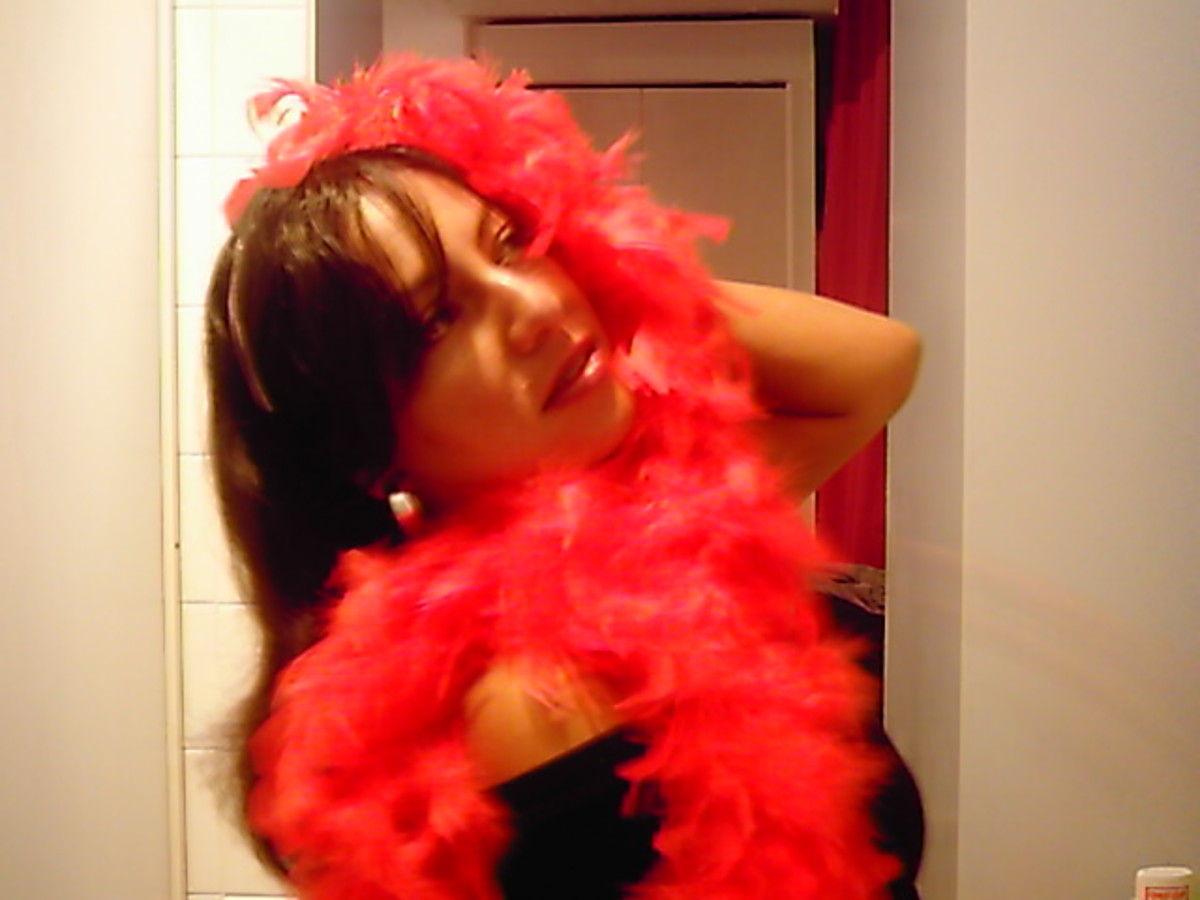The Remarkable Giuseppi Verdi: Opera Part 14
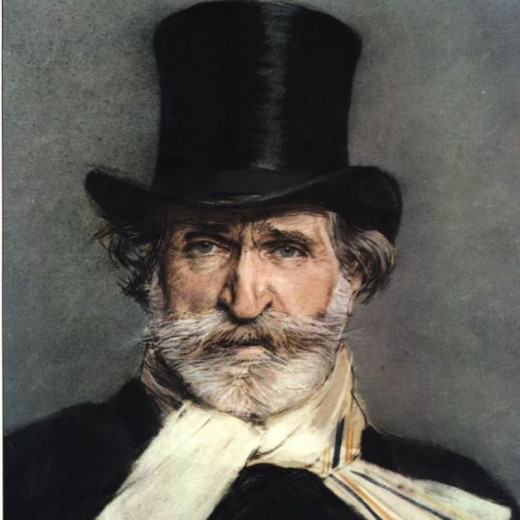
Giuseppe Verdi 1813-1901
There are different types of musical genius, just like anything else. For J. S. Bach and Mozart, composing was almost like taking dictation from God; they never even had to think about what they were doing and everything came out perfect. Beethoven had to work for longer periods of time to get the effect he wanted, but that effect was earthshaking and timeless. Giuseppe Verdi also had to work to get what he wanted just right, but all who knew him recognized him as a profound genius and were attracted to him as moths are to a light.
Giuseppe Verdi is one of the most remarkable figures in history. There is simply no other artist that ever lived who possessed his level of talent and skill, that was equally brilliant in the world of business. To put just his artistic legacy in perspective, consider that more of Verdi’s operas are performed today than those of any other composer. Another way of looking at it is that if we think of these operas as live theatrical productions, which they are, more tickets are sold for Verdi's events than for those of any other dramatist except Shakespeare. He also had the most crucial impact of any single individual on the liberation and unification of Italy.
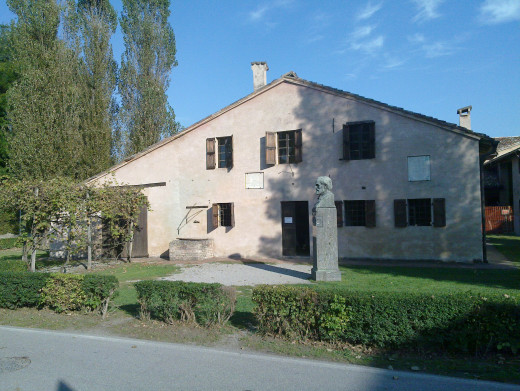
Modest but Comfortable Beginnings in Le Roncole
Verdi’s was a very unique type of genius in a number of ways. He did not come from a musical family, but from sturdy peasant stock. When he was born in the tiny hamlet of Le Roncole, near Busseto in the Duchy of Parma, his parents were not dirt poor (as he liked to imply in later years to would-be biographers). They owned and operated a simple tavern, which still stands, from which they made a modest living. But no scholar has yet chased down any musical genes in either Verdi’s father or mother’s (Uttini) side of the family. The environs of Verdi’s birthplace, however, the Po valley, was and had been for centuries, home to some of the most musically cultured people in all of Europe. Maybe the earth itself produced Verdi.
Self taught on an old spinet his father got him when he was very young, by the time he was ten years of age, Verdi was playing for the church services in the town cathedral, and at twelve he was the official organist there. Because Le Roncole had no music teacher, the boy was sent to the market town of Busseto, where he enrolled in its school and took lessons in music fundamentals and on a variety of instruments with Ferdinando Provesi (1770-1833), the director of both religious and band music for the town.
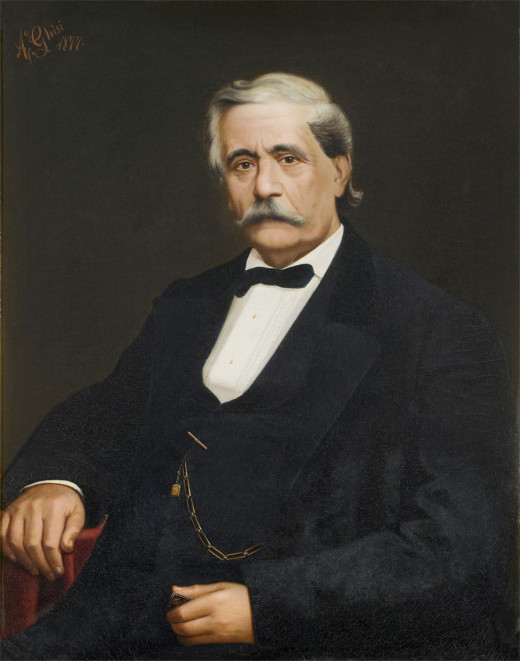
Antonio Barezzi Verdi’s Benefactor and Biggest Fan
It was not long before Verdi caught the attention of Antonio Barezzi (1787-1867), Busseto’s leading merchant, an accomplished amateur musician and the president of the local filarmonici, a group of unpaid instrumentalists that provided music for weddings, funerals and all kinds of civic events. Barezzi recognized Verdi’s super talent and happily paid for the lessons with Provesi, gave him a job, taught him the basics of business and took the boy in as a boarder. In short, Barezzi became a second father to Verdi and the two remained very close until the older man's death.
Soon Verdi was composing all sorts of music—marches, dances, choruses, etc.—for the exuberant filarmonici. Realizing that Verdi needed the kind of formal training that was not available locally, or even in Parma, Barezzi sent the eighteen-year-old Verdi to seek admission to the Milan Conservatory. The Conservatory faculty board, however, rejected Verdi on the grounds that he was four years over the usual age limit for admission and that his piano technique was not orthodox. (It was also true that the Conservatory’s rules of admission were biased against “foreigners,” as those from Parma would be considered.)
Barezzi finances private composition lessons for Verdi from La Scala concertmaster Vincenzo Lavigna
One of the Board members who favored Verdi’s admission, composer Alessandro Rolla (1757-1841), was very impressed with the youth's talent. Some weeks after the audition, Rolla recommended that Verdi take private composition lessons from Vincenzo Lavigna (1776-1836), the concertmaster of La Scala. Again with Barezzi's financial backing, Verdi rented a room in Milan and studied music from a man who regularly conducted operas at the world's most prestigious opera house. From Lavigna, Verdi attained a thorough grounding in counterpoint and fugue, and must have learned the nuts and bolts about opera performance practice, composition and orchestration—things he could not have learned better from any other source. At this time Verdi must also have started to meet people who were well connected to the Milanese musical establishment.
Verdi's studies came to an abrupt end with the death of Provesi. Summoned back to Busseto by Barezzi and other locals, Verdi was expected by them to take over Provesi's position. When he arrived, Verdi found himself embroiled in a conflict between the secular forces, who wanted him to be the director of music, and the ecclesiastic party, that wanted one of their own in the position. After much wrangling Verdi finally obtained the civic position and for the next three years, he gave lessons and composed the kind of pedestrian and forgettable music that was required. But Verdi's ambition was for composing opera in Milan and, as a matter of fact, he probably composed an opera about this time that has been lost called Rocester, to a libretto by Antonio Piazza.
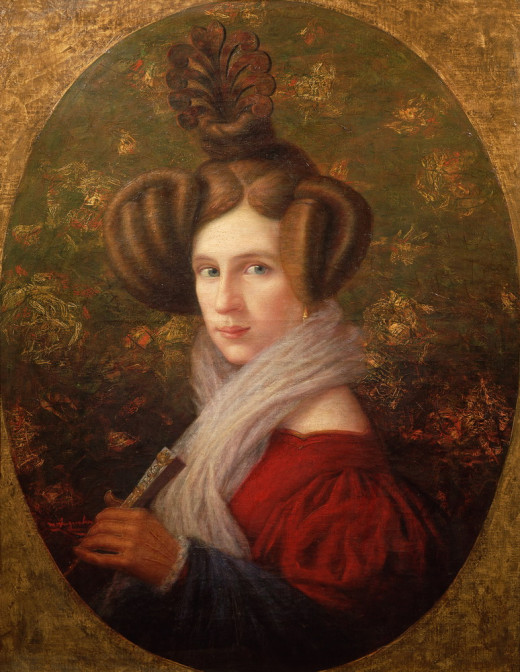
Marriage, Children and Heartbreak
Barezzi understood how Verdi felt and sympathized with him. And as if Barezzi had not given Verdi enough, he gave the composer his daughter, Margherita, in marriage. Margherita also believed in Verdi's talent and his aims, so the two of them moved to Milan, with Barezzi's blessing and financial support. Installed in the first city of Italian opera, the young couple attempted to raise their one surviving child, Icillio (they had previously lost a daughter, Virginia), while Verdi hustled about trying to get a commission.
The impresario of La Scala, Bartolomeo Merelli, impressed with glowing reports about the young man's potential, gave Verdi the break he needed and in 1839 the composer's first opera, Oberto, Conte di San Bonifacio, was premièred at La Scala. This opera also had a libretto by Piazza, but the verses were considerably revised by Temistocle Solera (1815-1878), a political troublemaker and one-time circus strong man, with whom Verdi would collaborate again several times. Unfortunately, Verdi's young son died before opening night.
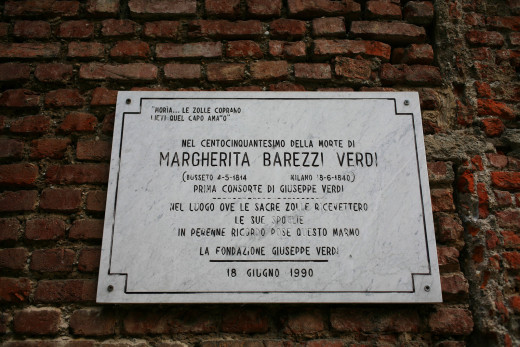
Despair and Failure
This first opera was successful enough that Merelli gave Verdi a contract for three more operas for La Scala. The first of these for 1840 was to be a buffa piece, Un giorno di regno (King for a Day). Although this opera would feature a libretto by Italy's most popular librettist, Felice Romani, the work would mark the most disastrous failure in Verdi's career. Now we see clearly how the uniqueness of Verdi’s musical genius comes more into perspective. While Verdi was working on his comic opera, his wife Margherita died of encephalitis. This was the daughter of Barezzi, who had given the composer so much. In less than two years Barezzi’s daughter and grandchildren were dead. Verdi was absolutely crushed by this and the feelings of guilt he felt concerning Barezzi caused him deep psychological problems for years to come. Gripped by a depression he could not escape, Verdi steeled himself to finish the opera. Not surprisingly, the première was a fiasco. Unlike a Mozart or a Donizetti, Verdi could not abstract his personal feelings from his art. Un giorno di regno was pulled from the boards after the first and only performance.
To be continued ...
Suggested Video - The life of Verdi
© 2015 John H Rizzo


